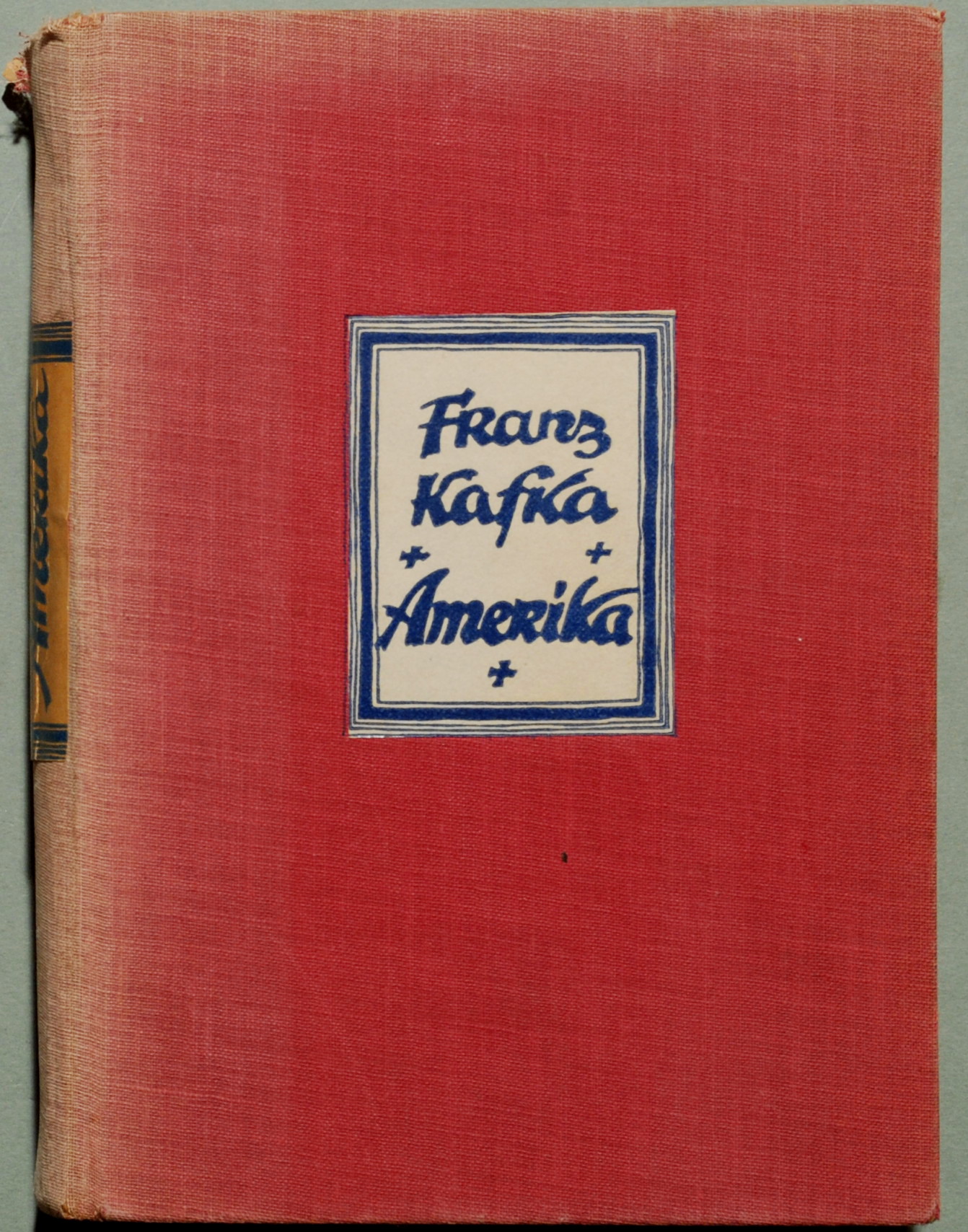I remember, as a schoolboy… passing a huge tureen of soup, without first serving myself, down the oblong trestle table at which my fellow pupils and I were seated. Suddenly, one of the supervising staff, our Latin master, an ex-army man, roared from the top table to ask me why I was not having any. “Frankly, sir,” I replied in a supercilious voice, the memory of which, to this very day, grates on me as much as the voice itself must once have grated on everyone who knew me, “I find soup rather a bore.” Whereupon, to my horror, he leapt to his feet, marched the length of the refectory hall and, now unnervingly puce of feature, stood over me. “A bore?” he barked, “You find it a bore, do you? Well, let me tell you, Adair, you putrid little twerp, had you been in a Jap prisoner-of-war camp during the last war, as I was, you would have been delighted to be bored with some soup! Oh yes, you would have got down on your knees and begged to be bored out of your gruesome little mind!” Needless to say, I ate the soup – and, from that formative moment on, I got, as it were, the hang of the thing.
Gilbert Adair, “On Soup”, collected in Surfing The Zeitgeist (1997)




